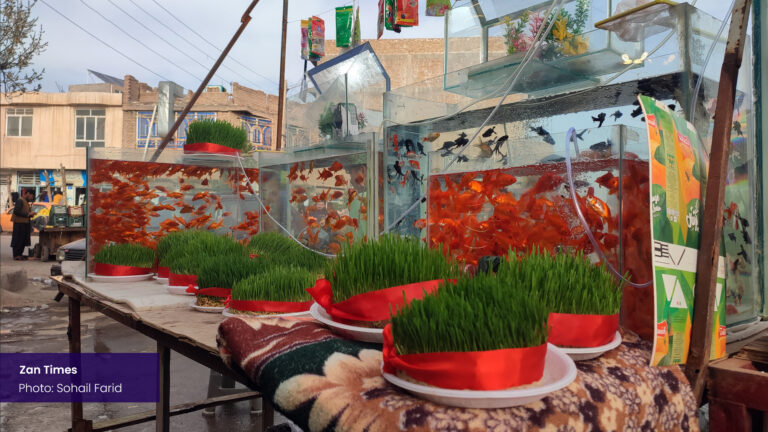
Women on the front line of resistance to the Taliban
This March 8 – International Women’s Day – marks 932 days since the return of the Taliban to power in Afghanistan, where they have re-established their regime of gender apartheid. In today’s Afghanistan, women are banned from public life, denied access to education, work, or even the simple pleasure of walking freely in their own streets. In the Taliban’s worldview, women are not fully autonomous human beings, but rather objects to be possessed and controlled. In the Taliban’s ideal society, women are invisible, and the Taliban are using whatever in their disposal to make that reality. They are creating a society where women are nowhere to be found in public and they employ abuse, humiliation, confinement, and abduction to enforce their regime of gender apartheid.
Under the Taliban, Afghanistan has plunged into an abyss of poverty and despair. Millions struggle to feed themselves, while children suffer from malnutrition at alarming rates. Forced marriages and violence against women have become rampant, leaving women and girls in a state of perpetual fear, trauma, and helplessness. The Taliban remain indifferent to the catastrophic consequences of their policies as they build a society in which only one sex has the right to exist and function.
In a country plagued by famine and fear, where basic freedoms are a distant memory, people live in constant terror of arbitrary arrests, torture, and execution. Yet the Taliban and their apologists peddle their myth of security and stability.
It is important to ask, security for whom? For the people of Afghanistan, especially for half of the population who are put under house arrest because they are born women, and ethnic and religious minorities, there is no security, no stability, and no justice. The Taliban’s so-called “improvements” are nothing but a facade, masking their true intentions of oppression and control.
Despite the Taliban’s claims that they are fighting corruption, which runs deep in their regime, resources and aid meant for the people now feather the nests of the regime’s mullah cronies. Even their misogynistic policies have become tools of exploitation, as reports emerge of women arrested on charges of bad hijab and being released in exchange for money. The international community must not accept or praise the Taliban’s claims of “improvements” or their “fight” against corruption. It is important to look at what the Taliban do, not what they say. The international community must not turn a blind eye to their atrocities, nor should it entertain the notion of legitimising a regime built on the suffering of millions. This is what the women of Afghanistan are asking for.
Despite facing unimaginable risks, women refuse to be silenced. From the streets to their homes, women continue to resist with unwavering courage and resilience. In the face of violent repression, they find creative ways to defy the regime, from secret gatherings to underground schools. Through art, music, and education, they reclaim their voices and assert their right to freedom and equality.
The bravery of women and their powerful resistance is a beacon of hope in this dark moment of Afghanistan’s history. The women of Afghanistan are not alone in their fight. Their struggle is not just for themselves but for future generations and for a tomorrow where justice and dignity prevail. As we bear witness to their resilience, let us stand in solidarity with them, amplify their voices and demand accountability for the crimes against humanity being committed in Afghanistan.
Their courage inspires us all to strive for a better world, where every person can live with dignity and freedom. As long as the women in Afghanistan continue to resist, there remains hope for a brighter, better Afghanistan, where the light of justice and equality shines brightly.


